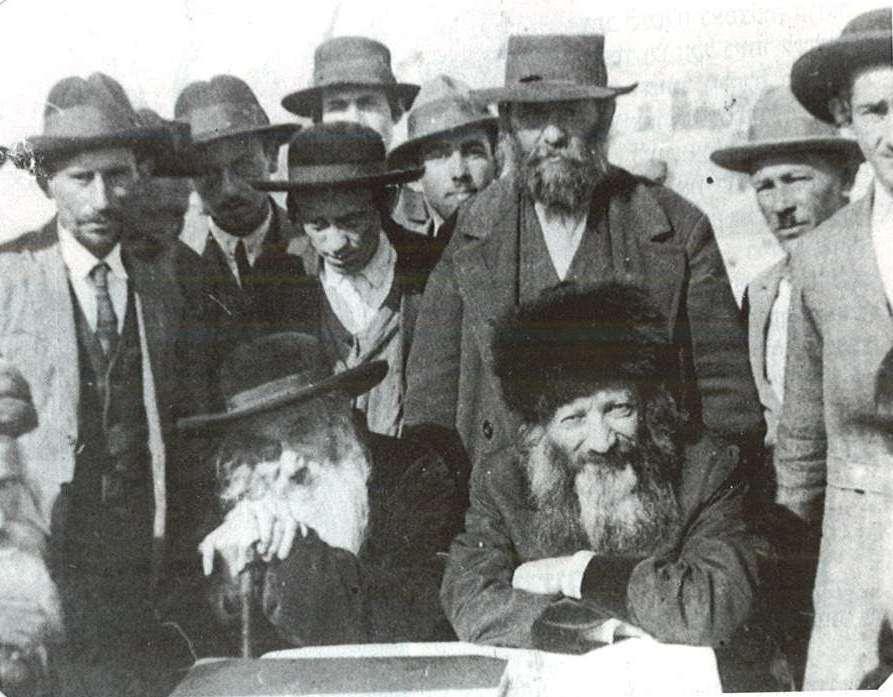Beit Shamai and Beit Hillel: The last mishnah in the 1st chapter of Yebamoth brings an argument between Beit Hillel and Beit Shamai. A consequence of this argument was Beit Hillel ruling certain children resulting from the ruling of Beit Shamai mamzerim, (individuals who could not marry regular jews), and Beit Shamai ruling certain children of Beit Hillel's ruling inelligible to marry Priests. It also mentions the many arguments they had about ritual impurity.
The Mishnah says that Beit Shamai and Beit Hillel would still intermarry with one another, and they would still borrow utensils from one another. The Talmud, (14a), explains that they each was aware of the other's opinion and they would be sure to let one another know of any discrepancies in a person's category of marriageability or a vessel's state of purity. The Talmud further explains that this is meant to teach us that there was camaraderie and friendship between them, despite these arguments, and more that the Talmud mentions.
Raban Gamliel and Rabbi Joshua: Raban Gamliel, the Nasi, or president of the Post-destruction Sanhedrin in Yavneh would frequently discipline Rabbi Joshua, the Av Beit Din, or Head of the Court, for ruling against him, because he felt that it was very important for there to be a united halachic authority in the diaspora, to avoid schism. He was amicable toward him, even during these disagreements, showing affection and declaring Rabbi Joshua his superior in intellect, (Rosh Hashana 25a).
After multiple instances of this public reprimanding, the people, feeling that Raban Gamliel was being too zealous and strict with Rabbi Joshua, had Raban Gamliel deposed and replaced by Rabbi Elazar ben Azaria.
The Talmud states that Raban Gamliel himself didn't keep himself from the place of learning, out of bitterness or shame, for one moment. He and Rabbi Joshua got in to an argument about allowing a reputed Amonite convert to marry full-fledged Jews. There was a back and forth, resulting in Rabbi Joshua's being right.
Raban Gamliel, realizing Rabbi Joshua's authority, concluded that he must apologize for his behavior. He went to Rabbi Joshua's house and attempted to open a dialogue with him by observing from the pitch on his walls that he was in the business of charcoal, or a blacksmith. He was not aware that the walls were black because of Rabbi Joshua's poverty. Rabbi Joshua admonished him, saying that he was not a good leader of this generation, because he did not know of the difficulties Sages must go through to feed and sustain themselves, (Raban Gamliel was very rich and Rabbi Joshua was very poor, see 4th to last paragraph).
Raban Gamliel accepted this admonishment and asked Rabbi Joshua to forgive his austerity. Rabbi Joshua, again utilizing a teachable moment, did not respond, until Raban Gamliel showed humility by requesting forgiveness not for his honor, but for the honor of his father. Rabbi Joshua accepted his apology and sent someone to request that Raban Gamliel be restored to the position of president. When the messenger was ignored, Rabbi Joshua went himself to sue for Raban Gamliel's pardoning and reinstatement. He succeeded, (Brachos 27b - 28a).

